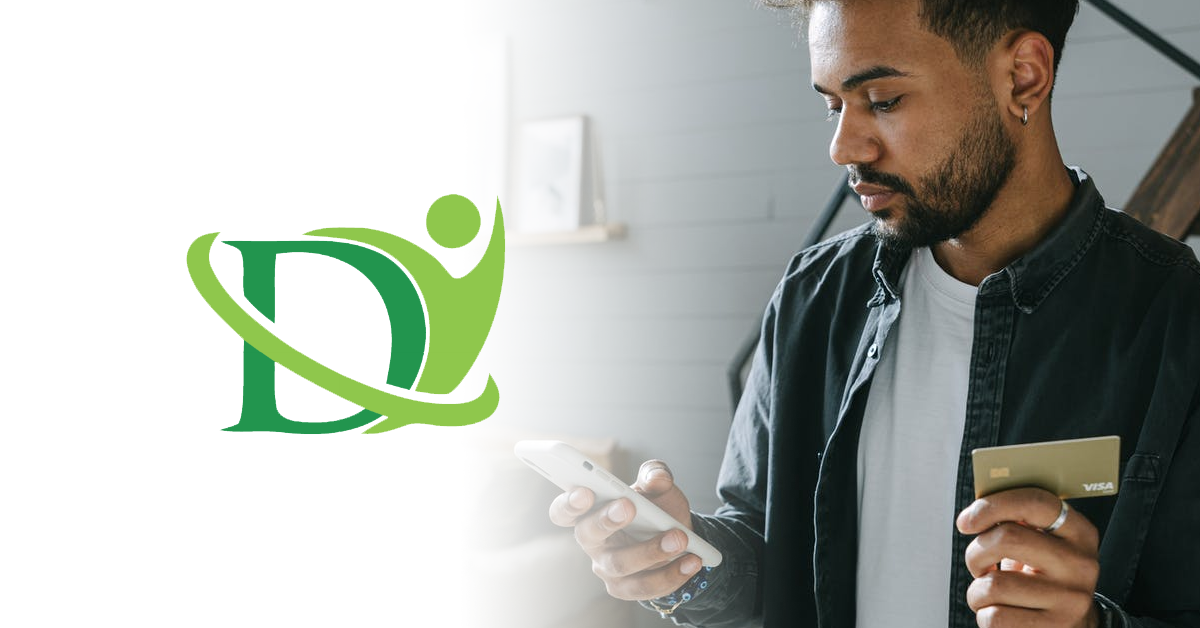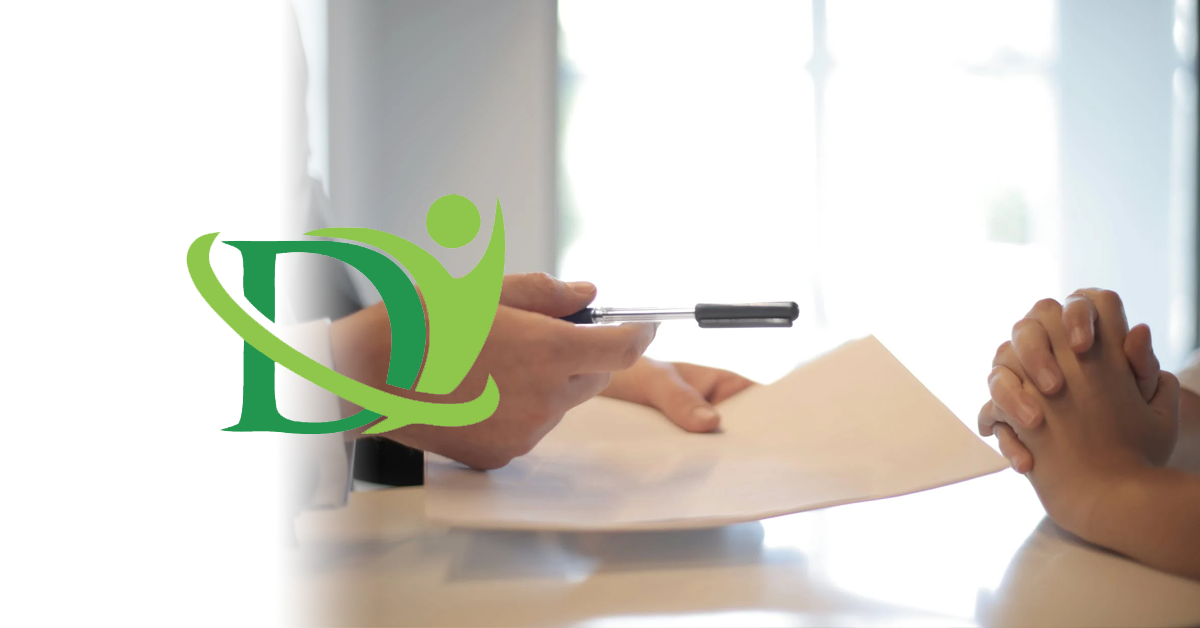
The Importance of Checking Free Full Credit Reports
October 22, 2021
Coping with Financial Stress – 3 Simple Tips
October 28, 2021Debt is a big issue for a lot of Canadians. It can accumulate for several reasons – from taking on huge loans for education or a mortgage to unexpected circumstances that lead to job loss.
The Government of Canada states that the average household debt represents 177% of Canadians’ disposable income. This has gone up from 168% in 2018. Because of excessive debt, many Canadians turn to debt consultants to get sound advice on how to get out of debt and achieve financial freedom.
Debt, however, comes in different forms. The kind of debt may affect one’s chances of getting debt help. But what are the different types of debts, and what can Canadians do about them? Read on and find out:
Different Types of Debt
There are four main types of debt a person can have. Every one of these types of debt can then be subdivided into more specific classes.
- Secured Debt
This refers to any kind of debt backed by collateral, which means if the debt is not paid, the asset that is used as collateral can be forfeited. Various types of assets can be used as collateral, but the most common ones include automobiles, properties, stocks, and bonds.
One of the most popular examples of secured debt is an auto loan where the car is the collateral. It’s a long-term debt that people usually take on because vehicles can be expensive and may take a while to pay off.
- Unsecured Debt
This is the kind of debt that doesn’t need to be backed by collateral. With this type of loan, credit checks are done on the borrower. The result of such checks will determine whether or not one’s loan will be approved and for how much. Due to the fact that there is no collateral, lenders need to be more thorough and strict with the verification of the borrower’s trustworthiness and capability of paying back the loan.
One example of unsecured debt is a student loan. In this type of debt, the loan covers the education of the borrower – something that cannot be reclaimed as collateral should the borrower fail to pay. An interesting element of this particular loan is that there are several factors that affect a student’s ability to secure this loan or get approved for a certain amount, including the earning potential of their future degree.
- Revolving Debt
This is the type of debt where a borrower has a line of credit that can be used for almost anything. There is a predetermined borrowing limit and any debt accrued has to be paid from month to month. One of the most common examples of this type of debt is credit card debt.
Credit card debts can be either secured or unsecured. For secured credit cards, the borrowing limit is determined by the amount that the user has already deposited. For unsecured credit cards, on the other hand, the borrowing limit and the interest rate are determined based on credit score and history.
- Mortgage Debt
Although mortgage debt is a type of secured debt, with the property serving as collateral, it is a classification of its own because of the many factors that make mortgages unique. For instance, there are fixed and variable rate mortgages, mortgages that refinance other debts into it, and hybrid mortgages, among others. Mortgages are among the most common types of long-term debts that people all over the world have – many of which take years or even decades to complete paying off.
Conclusion
Those are the four types of debts that a person can have. Aside from these, though, debt can also be classified as good or bad. Good debts are those that you take on to boost the value of an asset like a student loan or a mortgage debt. Bad debt, including credit card debt or payday loans, can lead to never-ending debt cycles. These are the types of debt that should be avoided as much as possible. A debt consultant can help those who find it difficult to manage finances and pay off debts.
Debt Helpers is a trusted debt consultant in Canada that offers a wide range of debt solutions and consulting services that can help Canadians achieve financial freedom. Contact Debt Helpers today and take the first step toward being debt-free!

